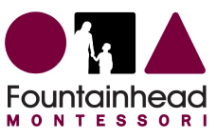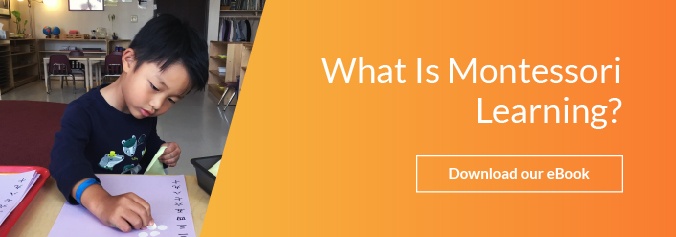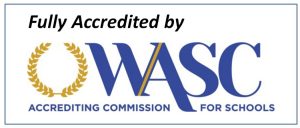Are all private school programs basically the same? The short answer to this question is a resounding no. A big draw of private school programs is that each program is different. Private programs can choose important factors such as the educational philosophy on which the program is based, the design of the classroom, the role of the teacher, and focus of the curriculum. The fact that each private school program is different provides parents with options when it comes to educating their children. If you are searching for the right private program for your child, take a close look at each of the factors outlined below to help you with your decision.
Educational philosophy
The educational philosophy upon which a private program is built will impact factors both big and small. Each private program is based on some type of ‘educational philosophy’ which can also be described as ‘beliefs about learning and education’. How do children learn? What is the ideal teacher to student ratio? What is the goal of education? Answers to these questions and others will give you insight into the educational philosophy of a program. A big part of finding the right private school program for your child will be based on how your educational philosophy aligns with those espoused by the programs you explore.
Design of the classroom
The layout of the classroom says a lot about what a private program believes about learning and education. Most people are familiar with the traditional layout of the public school classroom – desks in a row facing the front of the room where the teacher sits. This design is based on the students sitting quietly and taking instruction from the teacher. In contrast, the Montessori classroom is designed around the needs of the child. The classroom is split up into stations that allow for movement and hands-on learning. Private programs have the freedom and flexibility to be intentional with classroom design. As you search for a program, take a look at how each option designs the classrooms to help you make a choice.
Role of the teacher
Another factor that can vary with each private program is the role of the teacher. In the Montessori classroom, for example, the role of the teacher is to create individualized learning plans for each student. Once those plans are created, the teacher facilitates the learning of each student by providing hands-on learning options that align with the needs and interests of the individual student. In contrast, the role of the teacher in the public classroom is to ensure that each student gets access to the same education. Private schools can define the role of the teacher in a way that aligns with the educational philosophy of the program.
Focus of the curriculum
The focus of the curriculum in a public program is on meeting the requirements set forth by the state. This design was created to ensure that every student has access to the same basic education. Private school programs can choose a different focus for the curriculum. As mentioned above, Montessori programs offer individualized learning plans. The goal of the curriculum in the Montessori classroom is to meet the individual needs of each student. This design allows students to move at their own pace and creates space for true mastery.
There is room for a wide range of differences between private school programs. If you want something more for your child than the public school system has to offer, start exploring private programs. It is important to learn as much as you can about the various programs because they can be extremely different. Look for an option that aligns with your own educational philosophy and meets the unique needs of your child.












Let us know what you think about this post
Put your Comment Below: